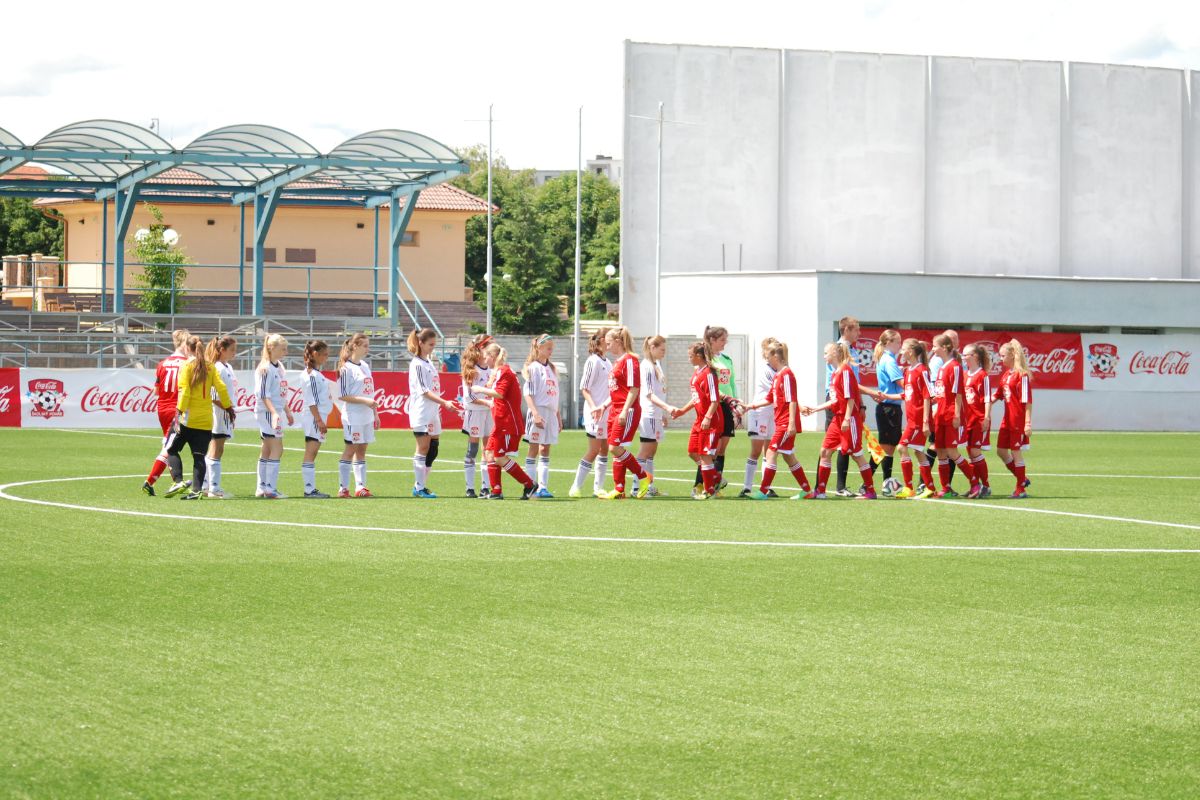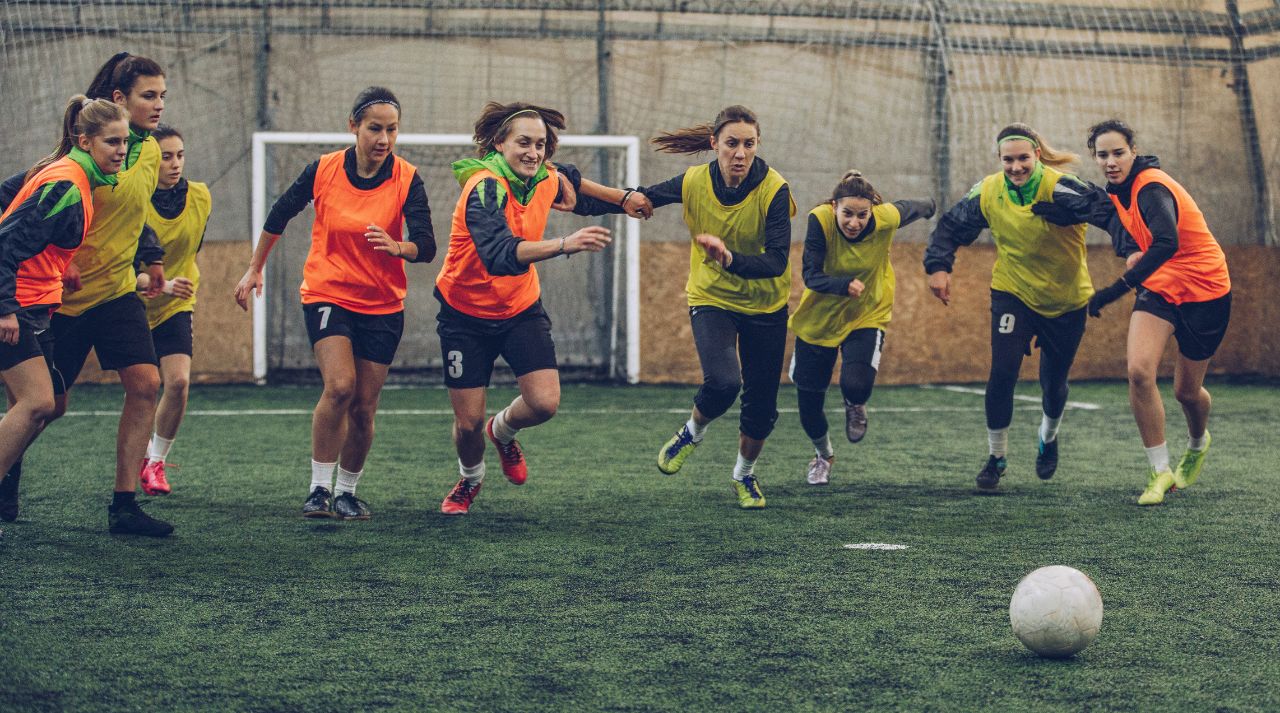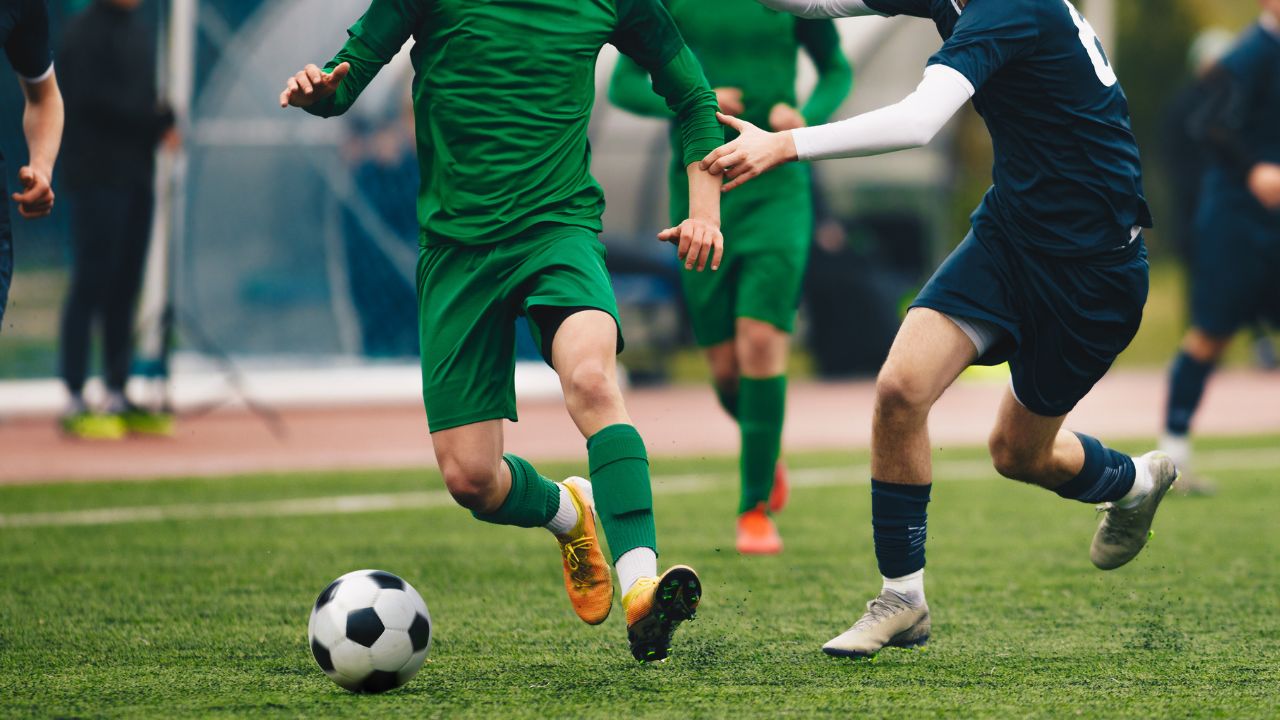Participating in a One Tournament event is an exciting opportunity for young footballers and their families. However, travelling to and staying at a tournament location requires careful planning to ensure a smooth and enjoyable experience. Whether you’re a local team or travelling from afar, these travel and accommodation tips will help you make the most of your One Tournament adventure.
Planning Your Travel
- Early Booking is Key: Once you’ve registered for a One Tournament event, book your travel arrangements as early as possible. This is especially crucial during peak season when flights, trains, and accommodation can fill up quickly. Early booking often translates to better prices and more options.
- Consider Your Team’s Needs: If you’re travelling with a team, discuss travel options together. Consider group discounts for trains or coaches. If driving, plan routes and potential stops. Factor in travel time to ensure you arrive with ample time before the tournament begins.
- Check Tournament Location and Accessibility: Familiarise yourself with the tournament location. Check for nearby train stations, bus routes, and parking facilities. Use online maps to plan your journey and estimate travel times.
- Factor in Travel Time: Account for potential delays, especially during peak travel times. Arriving early allows your team to settle in, familiarise themselves with the venue, and avoid unnecessary stress.
- Pack Smart: Create a checklist of essential items, including football gear, comfortable clothing, toiletries, and any necessary medications. Consider the UK’s unpredictable weather and pack accordingly.
Finding the Right Accommodation
- Proximity to the Venue: Choose accommodation that is close to the tournament venue. This will minimise travel time and allow for easy access to the event. Consider hotels, holiday rentals, or even camping sites (if available) in the vicinity.
- Team Accommodation: If travelling as a team, look for accommodation that can cater to large groups. Many hotels offer group discounts or have rooms that can accommodate multiple players.
- Consider Your Budget: Accommodation options range from budget-friendly to luxury. Set a budget and explore options within your price range. Consider the amenities you need, such as breakfast, Wi-Fi, and parking.
- Read Reviews: Before booking, read online reviews from previous guests. This will give you an idea of the quality of the accommodation and the level of service provided.
- Book in Advance: Tournament dates can be busy periods for local accommodation. Secure your bookings well in advance to avoid disappointment.
- Check for Family-Friendly Options: If travelling with family, look for accommodation that offers family-friendly amenities, such as swimming pools, play areas, and family rooms.
Tips for a Comfortable Stay
- Pack Snacks and Drinks: While there will likely be food and drink options at the tournament venue, packing your own snacks and drinks can save money and ensure your team has access to healthy options.
- Explore Local Amenities: Take advantage of your time in the area by exploring local attractions and amenities. Find nearby restaurants, cafes, and shops.
- Stay Organised: Keep track of your travel documents, accommodation details, and tournament schedule. Use a travel planner or app to stay organised.
- Stay Connected: Ensure you have access to Wi-Fi or mobile data to stay connected with your team and family. Share your travel itinerary with someone at home.
- Rest and Recovery: Encourage your team to get adequate rest and recovery between games. This will help them perform at their best and prevent injuries.
Local Knowledge is Power
- Research Local Transport: If you don’t plan on driving, research the local public transportation. Knowledge of the bus or train routes will make travel much easier.
- Ask for Local Recommendations: Ask your accommodation or the tournament organizers for local food and activity recommendations.
- Be Prepared for British Weather: Pack layers of clothing and rain gear. The weather can change quickly, even in the summer.
By following these travel and accommodation tips, you can ensure a stress-free and enjoyable One Tournament experience for your team and family. Careful planning and preparation are key to making the most of your football adventure.




